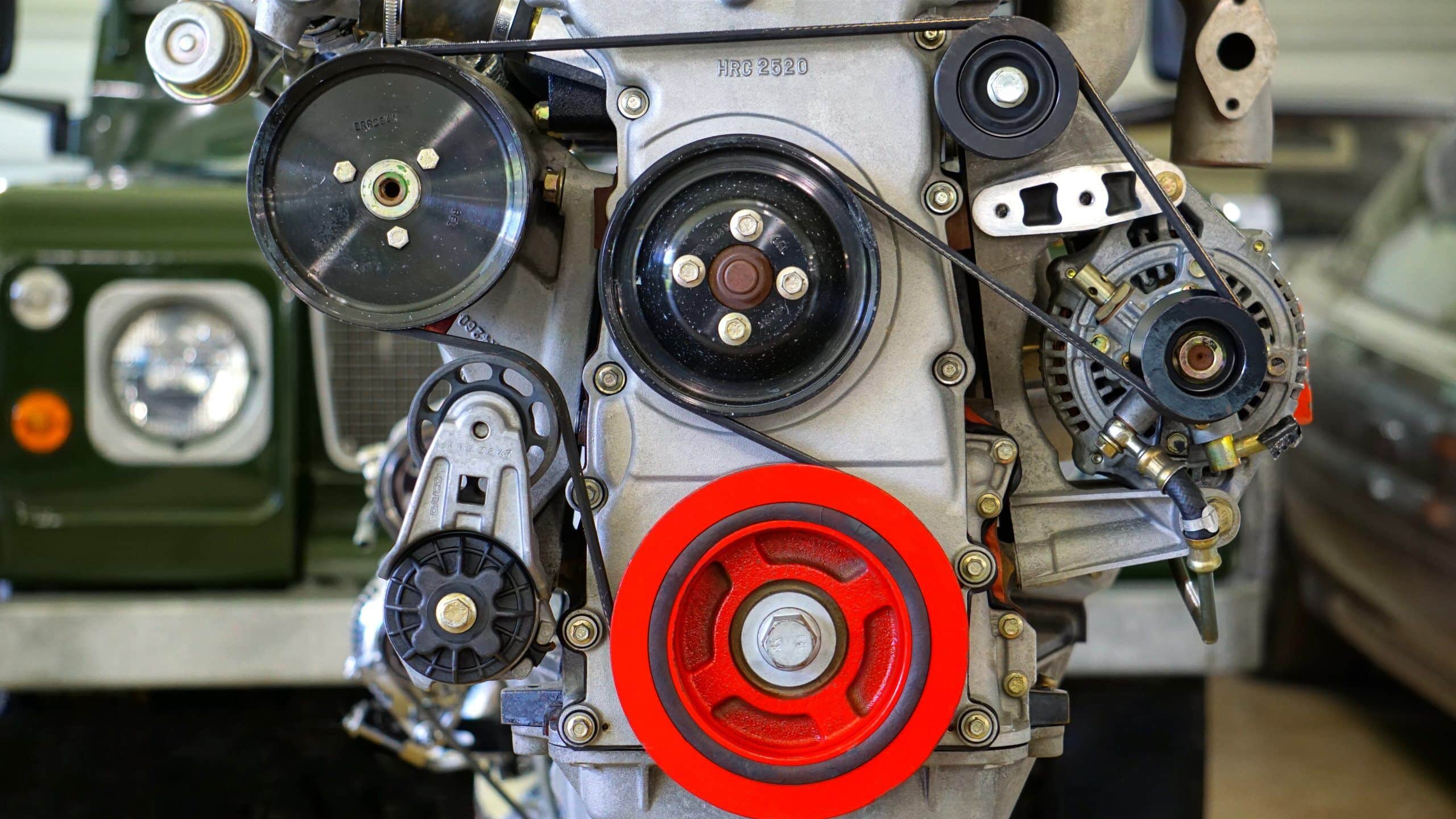
The automobile industry has been a booming one in today’s modern world, as cars are now being considered as an indispensable possession. Almost all families use personal cars for transportation and other purposes. That’s why car maintenance is a top priority in maintaining its proper shape and good working condition.
When certain parts go weary or damaged, seeking replacements become imperative. Did you know, however, that a far better alternative is to purchase used car parts or components? Yet, there are a few considerations to keep in mind. That said, below are four practical tips when investing in used car parts for your automobile.
1. Know exactly what parts you need
This means that you look at the exact problem, check the manual, and look for the components that need replacement. You can check the Vehicle Identification Number (VIN) or use the chassis number if the VIN is not available. If not, a practical approach is to bring the auto part with you and show it to the seller or the store representative. This is because you won’t want to buy something costly, only to find out it doesn’t match the specifications of your vehicle.
2. Assess where to buy your parts
When it comes to item purchase, know that it’s easy to look for trustworthy or reputable sellers in the market. Despite that, it’s never easy to buy second hand or used car parts. As almost anyone can sell used car parts, whether online or in a junkyard, you have to ensure that you only buy parts that are legitimate and won’t have any issues. Make sure to perform thorough research and check for consumer reviews so that you can get the best deals and won’t be shortchanged. Online sellers may not always be the best, so it helps to buy the parts from online platforms, such as eBay and Craigslist.
3. Determine the history of the used part
In line with conducting research, it’s crucial to learn more about the history of the auto part before purchasing. This is because store representatives may not be completely honest, and you may end up with an item that won’t last for long. As most items may undergo “rejuvenation,” they may look brand new but may have hidden internal issues that may manifest itself later on. That said, always verify the age of the auto parts, the mileage, as well as any modifications and repairs made. If you don’t get a definite answer, then check the pricing as it may be reflective of the item’s uncertain history.
4. Understand the store’s policy on returns
One excellent approach in buying used parts is to look for a store that has a policy on returns. Unfortunately, some auto part stores do not accept product returns or issue refunds for items purchased. In such instances, it isn’t practical to deal with them, so make sure to transact with a store that has a return policy. That said, pay particular attention to the exclusions or exceptions for such policies as well. One important consideration is the warranty, so you know how to proceed when purchased parts have some issues or do not match your car model. You have to understand the entire provision, before making any serious attempts to buy the product.
Buying parts and components for your car can be a little tricky. Because you will want to make the right decision, you have to make sure that your purchased parts are in good condition so that it will harm your vehicle as a whole. By following the tips given above, you ensure that you are making the right decision in investing in car parts, no matter if they have already been used.
If you are looking for aftermarket auto body parts in Los Angeles, get in touch with us today! We’re happy to help.

